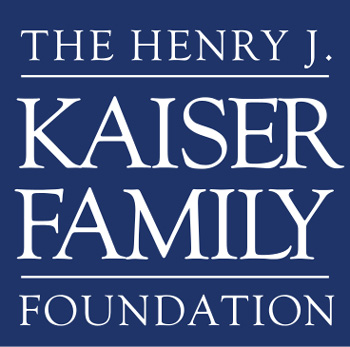
August 3, 2020 - With schools nationwide preparing for fall and the federal government encouraging in-person classes, key concerns for school officials, teachers and parents include the risks that coronavirus poses to children and their role in transmission of the disease.
A new KFF brief examines the latest available data and evidence about the issues around COVID-19 and children and what they suggest about the risks posed for reopening classrooms. The review concludes that while children are much less likely than adults to become severely ill, they can transmit the virus. Key findings include:
- Disease severity is significantly less in children, though rarely some do get very sick. Children under age 18 account for 22% of the population but account for just 7% of the more than 4 million COVID-19 cases and less than 1% of deaths.
- The evidence is mixed about whether children are less likely than adults to become infected when exposed. While one prominent study estimates children and teenagers are half as likely as adults over age 20 to catch the virus, other studies find children and adults are about equally likely to have antibodies that develop after a COVID-19 infection.
- While children do transmit to others, more evidence is needed on the frequency and extent of that transmission. A number of studies find children are less likely than adults to be the source of infections in households and other settings, though this could occur because of differences in testing, the severity of the disease, and the impact of earlier school closures.
- Most countries that have reopened schools have not experienced outbreaks, but almost all had significantly lower rates of community transmission. Some countries, including Canada, Chile, France, and Israel did experience school-based outbreaks, sometimes significant ones, that required schools to close a second time.
The analysis concludes that there is a risk of spread associated with reopening schools, particularly in states and communities where there is already widespread community transmission, that should be weighed carefully against the benefits of in-person education.
Source: Kaiser Family Foundation








